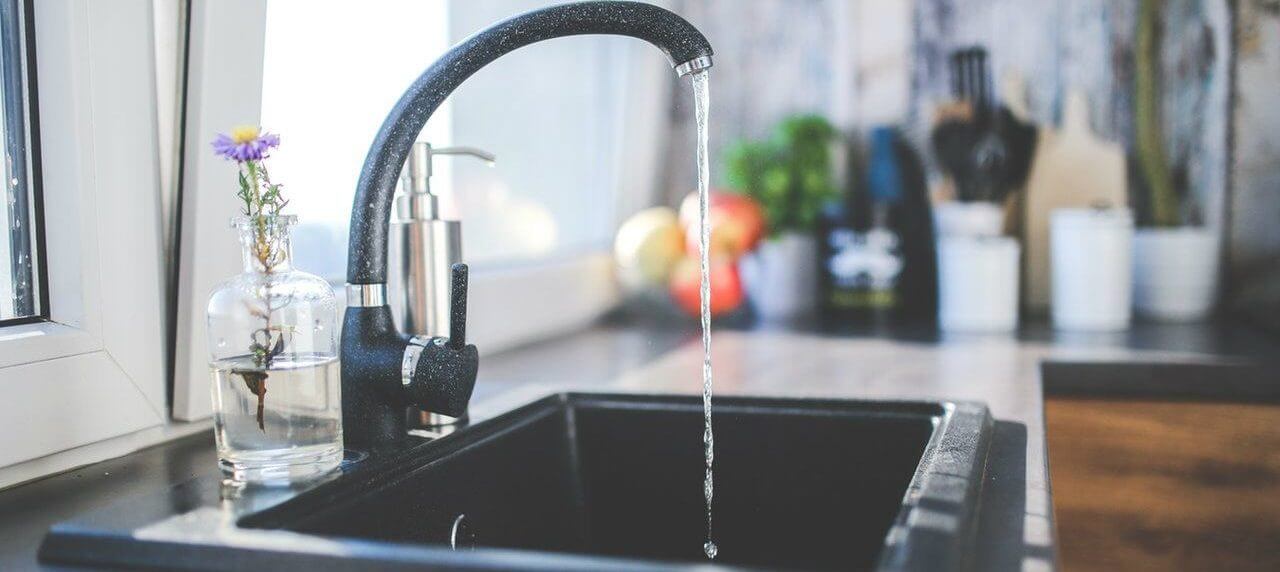Leaky Faucet Repair Tips 1-4
It’s Monday again, and the kitchen faucet that was leaking last week hasn’t gotten any better. I know you don’t want to work on fixing it, but let’s talk about the problems associated with your leaky faucet to help find the motivation to conduct faucet repair.
First, a leaky faucet is likely to get worse. One drip every few seconds might not seem too bad right now, but as it continues over several days, water waste can start to add up. You’ll start to see that build up represented by a dollar amount on your water bill pretty soon.
One drop every second equals five gallons of water per day wasted.
Second, this is a problem that doesn’t get better on its own. A leaky faucet doesn’t magically stop leaking by itself, and one leak can lead to many more. So let’s nip this in the bud, shall we?
Here are some tips to quickly and easily take care of your leaky faucet this week so you don’t have to think about it (or your water bill) anymore.
And of course, if you don’t feel like fixing the leaky faucet on your own, or think your “repair” might make it worse, you can always schedule the repair with us and we’ll send a plumber out to take care of it for you!
If you’re going to try to fix it yourself, here’s what you do:
1. Try to determine what brand faucet it is and look it up online for a parts list.
Many brands and types of faucets have lifetime warranties on their parts, so you can call them up and they’ll send you spare parts for free. If you aren’t sure which parts need to be replaced, the service rep can help you figure that out.
2. Determine whether it’s the hot side or cold side that’s dripping.
Under the sink, you should find shut off valves for the hot and cold water supply pipes. Close the cold supply valve and see if it’s still dripping. If it is, close the hot side and check again. This way, you know which side to work on, hot or cold.
If the shut-off valves won’t shut the water off completely, that’s probably the cause of the drippy faucet. The rubber washer inside the shut-off valve has corroded and broken into pieces and lodged in the faucet. At this point, you’ll need to replace the shut-off valve(s) and flush the debris from the faucet. You will likely need to call a plumber.
3. Determine how to remove the handle.
Sometimes it will require an Allen wrench with access to a set screw on the side of the faucet handle. Sometimes there will be a decorative cap on top that you can remove with a knife blade, fingernail file, etc. Under that will be access to a Phillips head screw.
4. Remove the handle.
Then make sure the water is off under the sink and then remove the stem or cartridge. Replace it with the new one that should include a set of instructions. Turn the water back on and test for leaks.
This same procedure will work for leaky tub faucets, shower faucets, and kitchen faucets. Good luck! And enjoy your water savings this month!
Schedule a Plumber
Schedule a plumber if you need assistance, we are happy to help.
Read our reviews to learn more about us or our services.

